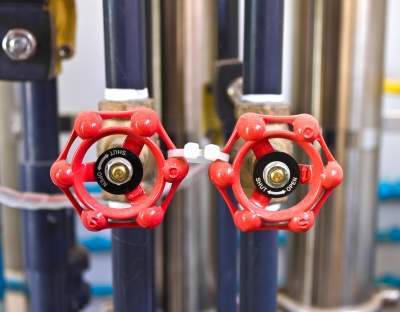The US Federal Energy Regulatory Commission (FERC) has approved Energy Transfer Partners’ (ETP) request to place the Burgettstown and Majorsville supply laterals of its $4.2bn Rover gas pipeline into service with immediate effect.

Image: Energy Transfer Partners secures FERC approval to commission two more spreads of Rover gas pipeline. Photo: courtesy of supakitmod/FreeDigitalPhotos.net.
The regulatory body also gave its consent for the commissioning of the associated compressor and metering stations of the two spreads of the interstate natural gas pipeline system.
Energy Transfer said that the latest FERC approval enables 100% of the long-haul contractual commitments on the Rover gas pipeline to commence from 1 September, 2018.
The 1,146km long pipeline sources natural gas from 12 locations in the Marcellus and Utica Shale areas and transports it across five delivery stations in the US markets and also to the Union Gas Dawn Storage Hub located in Ontario, Canada.
Upon entering full operation, the Rover gas pipeline will transport gas from processing plants across West Virginia, Western Pennsylvania and Eastern Ohio and deliver it to pipeline interconnects in West Virginia and Eastern Ohio. It will also transport the gas to the Midwest Hub near Defiance, Ohio, where up to 68% of the gas will be supplied for distribution to markets across the US.
The remaining 32% of the natural gas will be supplied to markets across Michigan through an interconnect near Livingston County with the existing Vector Pipeline. It is the Vector pipeline that will transport natural gas from the Rover gas pipeline that is not delivered to Michigan markets on to the Dawn Hub in Ontario.
Recently, the FERC approved the Rover gas pipeline to start service of its Supply Connector B and full Mainline B pipeline segments, thereby enabling 100% of the pipeline’s mainline capacity of 3.25 billion cubic feet per day of natural gas to be commissioned.
Energy Transfer revealed that restoration works along the full line are anticipated to be wrapped up by the year end.
In August 2017, the company agreed to sell a stake of 32.44% stake in the entity associated with the Rover gas pipeline to Blackstone funds for a sum of around $1.57bn.
